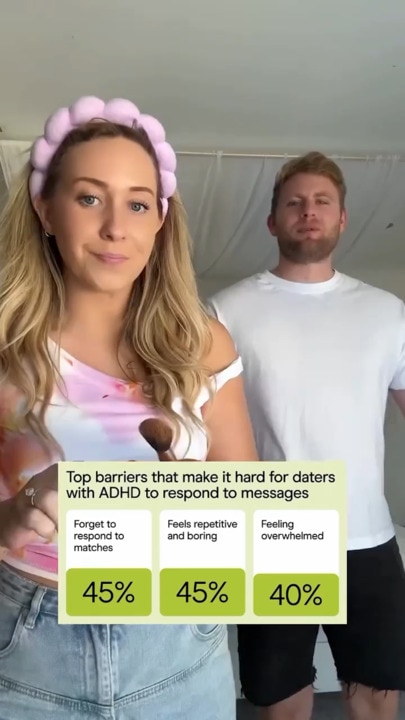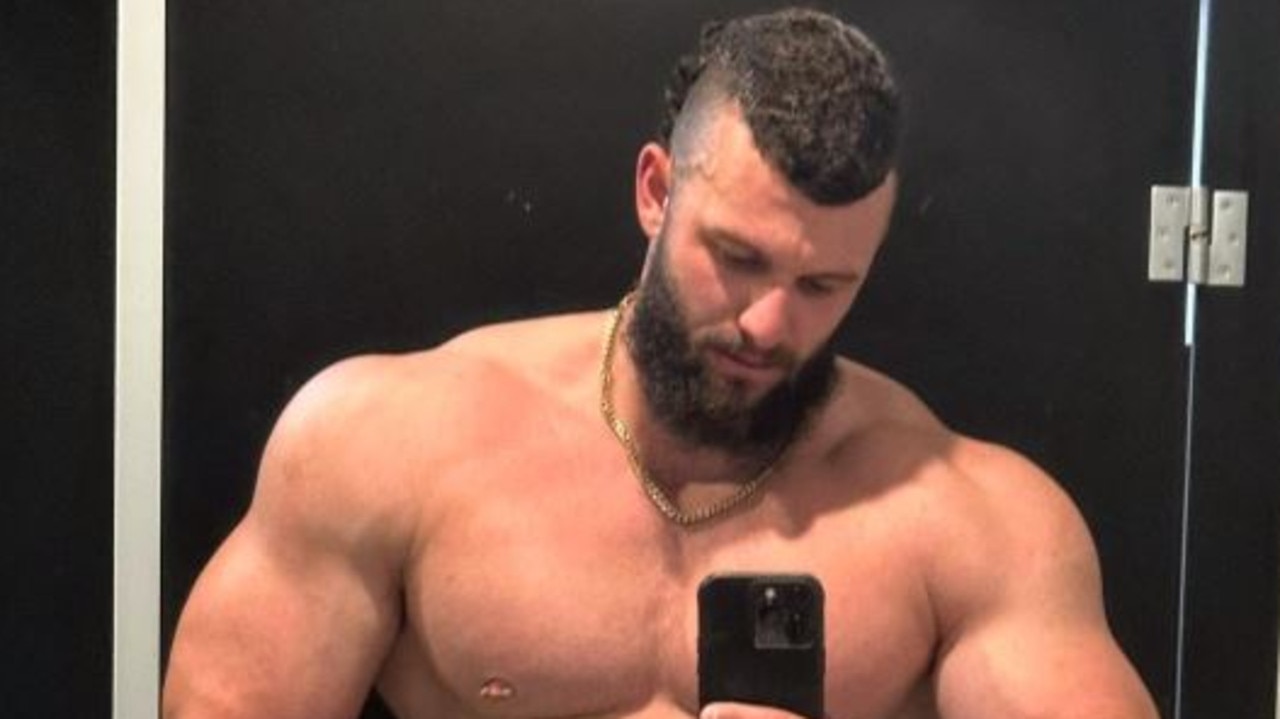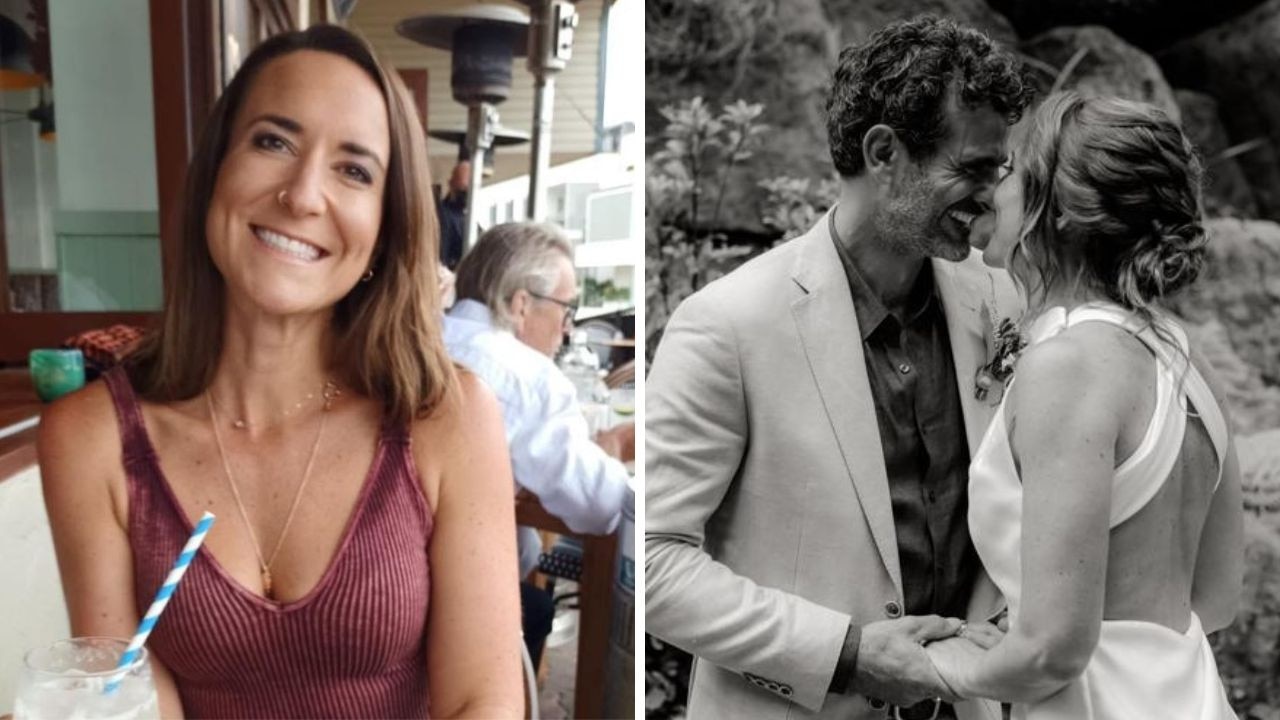Couples therapist reveals how to solve huge relationship issue
A couples therapist has revealed a huge and common mistake people are making in their relationships that could spell doom.

Dating
Don't miss out on the headlines from Dating. Followed categories will be added to My News.
Are you or your partner too clingy?
Such a question may stir up a mix of anxiety, dread or even humour. Whichever way it lands, clinginess in relationships is usually a sign of your own attachment style as well as the attachment you have with your partner.
Attachment theory is a well researched psychological approach spearheaded by John Bowlby and Mary Ainsworth. Attachment styles refer to the ways we learn to connect and relate to others based on our early experiences with our own caregivers.
These attachment styles typically fall into these categories: secure, anxious, avoidant and disorganised. They describe our level of comfort with intimacy and our ability to seek and provide support in relationships.
Secure attachments provide a foundation for healthy relationships and emotional wellbeing. Insecure attachments – which refer to the other three attachment styles – lead to difficulties in forming and maintaining relationships.
So if you or your partner identify with the word “clingy”, then we are talking about an anxious attachment.

Clingy or anxious behaviours can manifest in many forms and to different degrees. Here are some common anxious behaviours:
• Reassurance seeking: Checking for validation that your partner is still committed to you or is happy with you.
• Fear of abandonment: Worrying your partner might leave even without any real indication.
• Difficulty spending time apart: Feeling anxious and desperate when away from your partner and seeking constant time together.
• Ruminating: Overthinking interactions and interpreting them as impending rejection.
• Possessiveness and jealousy: Feeling insecure and threatened by your partner’s independent actions and relationships with other people.
• Self-sacrificing: Ignoring your own needs or desires to avoid conflict or to ensure your partner doesn’t leave.

As you can imagine, clingy behaviours can cause issues in a relationship and can be exhausting for both partners, creating tension and pressure. They can also diminish both partners’ sense of self and reduce the value of the anxious partner in the relationship. Therefore, it is wise to identify if you or your partner are more on the anxious side and work to take care of each other. How do you do that?
Well, that is where our attachment to our partner becomes essential. As I mentioned, you have your own attachment style, but you also have a partner attachment. This less common concept refers to the connection and bond you have with your partner.
A secure partner attachment refers to a healthy and stable emotional bond between you and your partner. Both of you feel comfortable and safe expressing your needs, emotions and vulnerabilities to each other.
You trust your partner to be responsive, supportive and available during times of both joy and distress. You have the freedom to explore and play – both together and on your own – without feeling guilty or abandoned.
Just as children use a secure attachment with their caregivers as a base from which to explore the world, adults in relationships rely on their partner as a secure base to navigate life’s challenges and explore personal growth.
This partner attachment serves as a source of comfort, support and safety, allowing partners to venture out into the world with confidence, knowing they have a stable foundation to return to.

We call this partner attachment your Couples Base Camp. Your Couples Base Camp is the foundation of your relationship, so you can traverse life’s obstacles in a positive way. You can visit your base camp at any point in your relationship to see if your foundations are sending your relationship in the right direction.
The purpose of the base camp is to establish a secure attachment between you and your partner so that you have the best opportunity for positive mental health and the ability to realise joint dreams and goals.
Take a moment to reflect on your own partner attachment. To do so, try answering the following four questions:
1. Do you feel supported by your partner most of the time?
2. Do you feel free to express your own opinions without fear of judgment in your relationship?
3. Is there trust and security in your relationship?
4. Are you growing and evolving as an individual and also as a couple?

Having done this reflection, does your partner attachment sound like what I described earlier?
If not, don’t despair.
The good news is, attachment styles can change over time. You can strengthen or move to a secure attachment style if you have a healthy, stable relationship.
Similarly, you can grow a secure partner attachment. It just takes work and the right tools.
So if you or your partner is on the clingy side, you can address it by focusing on a stable and secure partner attachment.
You just need to go back to your couples base camp and start setting it up. This means reflecting on how you want the relationship to feel and be and committing to this. It also means having open communication about your differences in the many domains of life (including the concept of togetherness and autonomy), and where inherit beliefs and assumptions were formed.
Then, in a collaborative way, use this information to set appropriate boundaries in the relationship that takes care of both partners. Learning ways to empathically come together and manage conflict is a must to build a strong couples base camp.
Clingy or not by nature, you have the potential to blossom by forming a secure relationship with your partner.
Helen Robertson is a Clinical Psychologist and couples therapist, as well as the co-founder of the couples coaching app My Love Your Love. She is also the co-author of ‘The 8 Love Links’, a book designed to help individuals and couples develop deeper insights and strategies for stronger, more fulfilling relationships. For more information visit www.8lovelinks.com.
More Coverage
Originally published as Couples therapist reveals how to solve huge relationship issue




